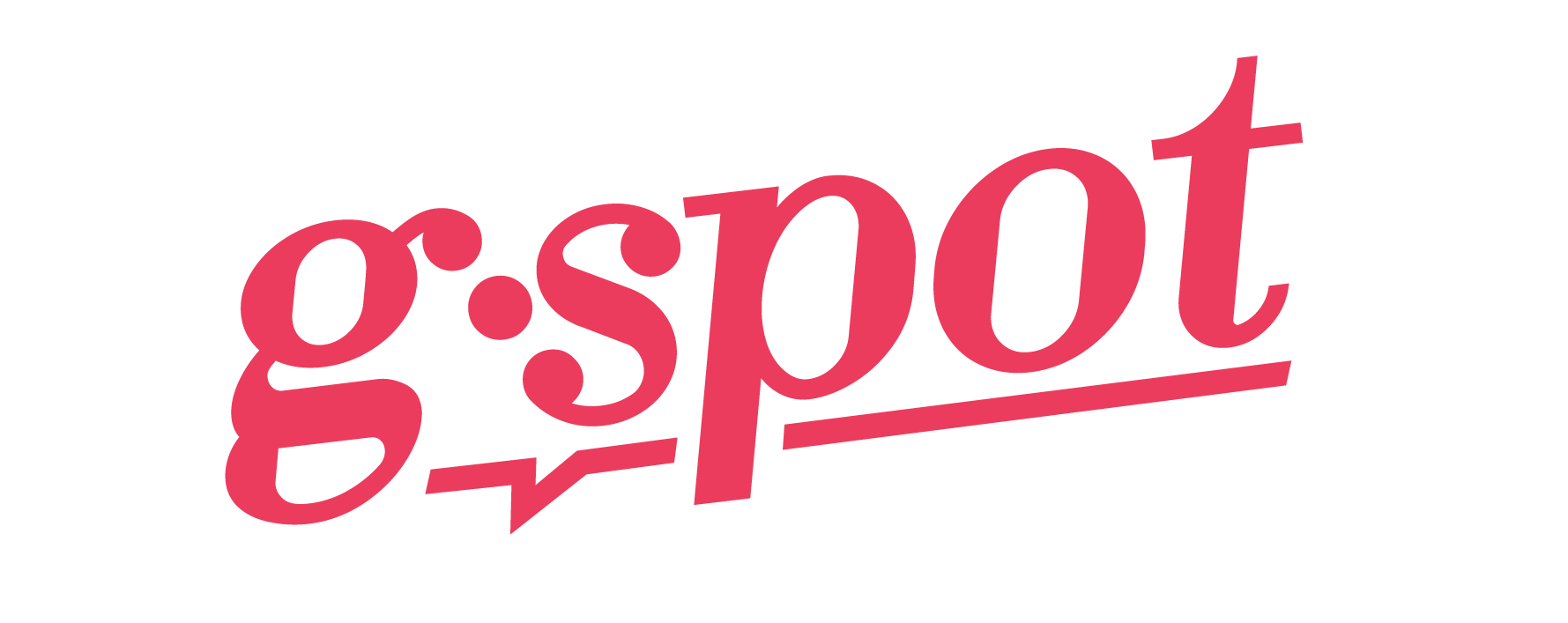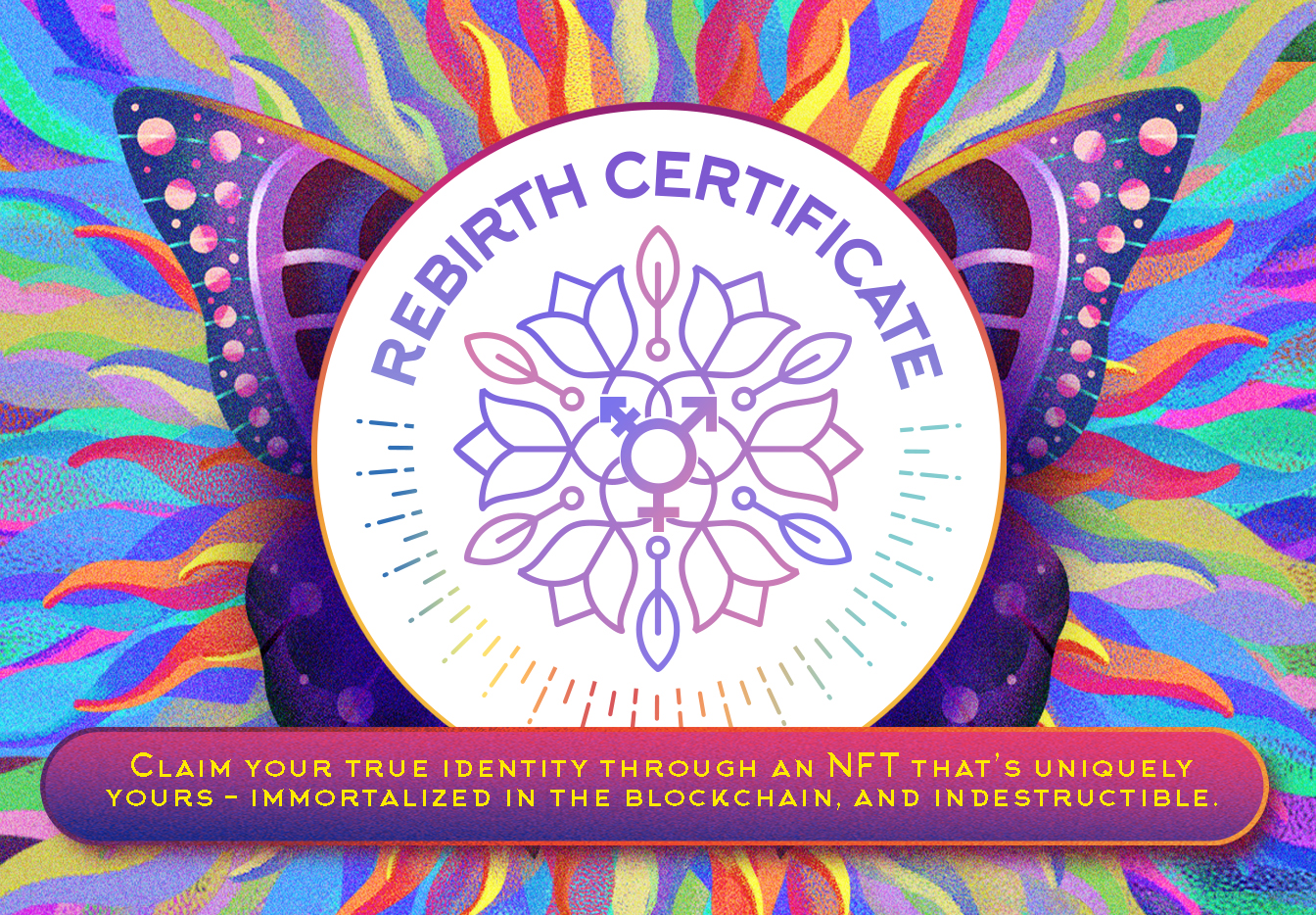So, our free trial for the year is over. How are we doing with our New Year’s resolutions? I hope they didn’t expire along with the first month of the year. Or, if you haven’t made any yet, it’s not too late. After all, March is still early in the year, right?
Research done by Strava in 2019 on over 800 million logged activities from users showed that people usually fall out of their New Year’s resolutions by the third week of January—the 19th to be exact. They call this “Quitter’s Day.” Most likely, they had what we could call the “New Year high” in which they were highly motivated at the beginning of the year, which is why gyms are usually more packed then. But, since motivation only lasts so long—which is why it’s unreliable—it often quickly loses its intensity as the weeks go by.
And hey, let’s not even call them resolutions, but instead our life goals for the year. That way, they sound more like a long-term project than something with an annual expiry. Whether you’ve made yours yet or not, here are some tips to make solid ones that you can more reasonably sustain for the year:
1. What’s your WHY?
People tend to achieve goals better when it’s rooted in a deeper reason such as being able to spend more time with their kids instead of just wanting to lose weight. Or wanting to get off prescription medications and truly feel well for a better quality of life.
Sometimes, it takes purpose beyond ourselves to motivate us to keep going. When we do things with our loved ones in mind, it makes it easier to push and see ourselves through more than just doing it for ourselves.
Establishing your why’s is crucial as the first step of creating goals, because this is what the trajectory of your progress will depend on and this is what you will be going back to every now and then to remind you of your purpose and direction. Let your actions be anchored on solid why’s.
2. Keep it short and specific.

We’re all familiar with the SMART (specific, measurable, attainable, realistic, time-bound) technique in creating goals, but often this is overlooked by many. However, this is still one of the main keys to sticking to your goals for the year. And, the simpler and more specific, the better.
For example, instead of writing down “I want to eat healthier,” you may instead write “I will make sure to have a serving of vegetables every meal.” Or, instead of “I want to lose weight,” you may resolve to “exercise at least three times a week.” That way, you will know what specific task or habit to focus on and be able to measure your progress easily, too.
3. Think long-term.
Having goals often involve change and habit building, and we know that change and building habits take time. Along with it, patience and persistence. This is why mindset is key in achieving and sustaining goals.
According to a study by researchers in the University College London in 2009, it can take up to 66 days to build new habits. Especially if the goal involves your health—why pursue it only for a certain season or year when you can constantly pursue and maintain it for a lifetime? This is what I often tell clients who tell me they wish to lose weight for a specific occasion they’re attending in a few weeks or months. Also, medical journals on lifestyle interventions only consider results significant if it is done and observed over a minimum of three months.
4. Work with what you already have.
When doing something new, avoid drastic changes or measures. Build from your current habits. The easier you make it for you to be able to do your goals, the better.
Let’s say you aim to drink more water by adding two glasses to your current intake. Prepare a glass of water on your bedside table or on your dresser, in places that are part of your usual routine. That way, it’s just a matter of adding one small task to your current routine and less likely for you to forget it.
5. Rely on routine.
Another key to achieving and sustaining goals is to make it as easy as possible. Build a routine so it takes less willpower and arguing with convincing yourself to do something. For example, lay your cute activewear on your bed, so you are encouraged to work out first thing in the morning. Or, if you’re working from home, you can wear your workout leggings or shorts so you’re halfway into fulfilling the task.
More on g.spot:
Habits are built on repetition, so the more often you do that task, the sooner the habit will be established. Basically, routines help save your goals from being sabotaged by your own brain.
6. Engineer your environment.
Related to the previous point is creating the most conducive environment for you to work on your goals, just like how ergonomic spaces promote a smoother workflow.
If you wish to eat cleaner, don’t keep stock of junk food or ice cream at home. Out of sight, out of mind. On the other hand, you can also regularly keep stock of healthy food and ingredients to make these more easily available for you. Basically, create an environment that supports your goals!
7. Stay mindful.

Consciousness or awareness is always an advantage just as problem-solving always starts with identifying the problem. Likewise, this is how healthy habits are formed and most importantly, sustained.
Being in tune with yourself and getting acquainted with your current eating and lifestyle habits and thought patterns will help give you the information you need to strategize and catch yourself when you’re veering off-track. If you really want a cookie, have it, but be mindful not to over-indulge and notice how you feel during and after eating the cookie. Mind over matter. When we are able to control our minds, we can control our actions.
8. Track your progress.
What you don’t measure, you can’t improve. You cannot achieve progress without tracking it.
Having a tracking system helps motivate you and guide you towards your goals by being able to identify which areas or habits need focus and improvement. So, make sure to identify key areas or metrics you will need to observe and track (i.e. weight, no. of servings of vegetables consumed for the day, no. of glasses or volume of water consumed for the day, no. of days you were able to exercise for the week), then check your progress every week so you can realign yourself or even celebrate the wins!
It’s important to be accountable to yourself and at the same time be your own cheerleader.
9. Aim for progress, not perfection.
We all know perfection is unachievable, all the more, sustained. So, when people are too obsessed with consistently hitting their goals or a specific metric every single day, it’s just going to be frustrating and will develop a negative relationship with food and/or yourself.
The more realistic and sustainable approach to our life goals is to aim for progress through consistency and balance. Aim for an average of 80% compliance rather than 100% on the daily. That could look like being able to meal prep or eat healthy at least 24 times a month. This allows you to be kind to yourself on the days you’re not 100%. Trust me, this will keep you from being miserable or quitting.
10. Enjoy the journey!
Pursuing goals is no fun when we’re too fixated on the outcome or result. We also have to understand that not everything is in our control and the journey is just as important as the destination.
Don’t forget to enjoy the journey, the process. Be present in every moment and take what you can from it. There is beauty in the becoming. In times when things don’t turn out exactly the way we want them to, we can still appreciate the lessons or character development we gained from the journey.
I hope these tips gave you a better perspective and encouraged you to make more realistic and sustainable goals this year. More important than actually having goals is being able to achieve them and sustain them. Sustainability is the keyword here. Find what works for you and what helps you feel your healthiest and happiest.






